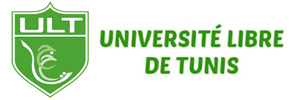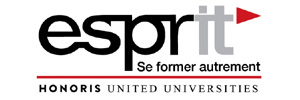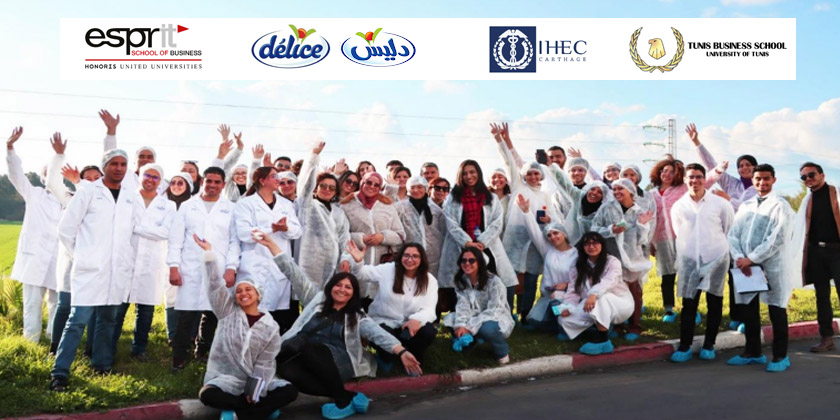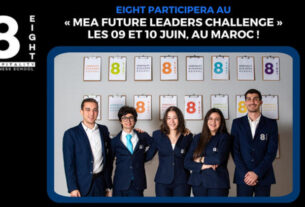Students from three Tunisian universities (Esprit School of Business (ESB), Institute of Higher Commercial Studies of Carthage (IHEC), and Tunis Business School (TBS) conducted their first field visit to Délice Dairy Plant of Bousalem.
As climate change continues to cast its bleak shadow on the global economy, taking a stand has become instrumental in making the world a better place for all, without exception. It is thus the duty of corporations, teachers, and students alike to contribute to achieving the UN Sustainable Development Goals (SDGs), which aim to create a more sustainable and equitable future for everyone on the planet.
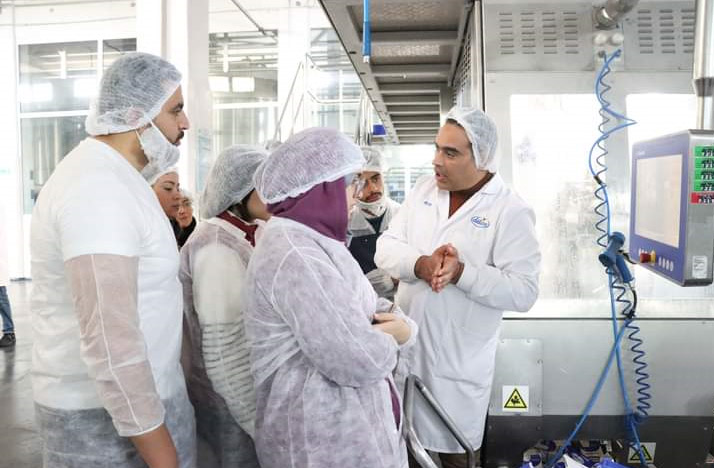
Photograph: Mohamed Ali Maaoui
In a groundbreaking initiative that revolves around empowering Tunisia’s next generation of socially responsible leaders, Esprit School of Business in collaboration with Délice organized Tunisia’s Future Leaders National Competition. It brought together students from three universities: ESB, IHEC Carthage, and TBS to design best practices on corporate social responsibility (CSR). Selected participants attended six field visits to Délice’s plants across Tunisia to gain hands-on experience of the company’s work modalities and practices. They were encouraged to propose innovative, viable, and environmentally friendly solutions to improve Délice’s CSR practices. Students from the three different Tunisian universities were encouraged to drive positive changes at the local level. Their innovative projects aimed to contribute towards achieving the United Nations Sustainable Development Goals, specifically 13 (Climate Action), 12 (Responsible Consumption and Production), 6 (Clean Water and Sanitation), and 4 (Quality Education). This national competition also endeavored to guide the participants to communicate their innovative CSR solutions through a persuasive presentation to a panel of judges. In essence, it sought to enhance students’ awareness and comprehension of the significance of embracing CSR initiatives to contribute to a more positive impact.

Timeline and Process: Cultivating Excellence Every Step of the Way
Integrating innovative CSR strategies and practices into higher education curricula has become of paramount importance in today’s world, crippled by uncertainty and economic volatility. The organizing committee has undertaken an innovative approach to teaching CSR in a real context. The national competition unfolded across seven stages.
1. Registration Phase: 154 students from IHEC, TBS, and ESB applied for the national
competition.
2. Selection Process: Thirty students, with ten selected fromeach of the three universities,
took part in the national competition. The criteria ofselection included: (a) motivation,
(b) leadership skills, (c) academic excellence, and (d) basic knowledge of CSR.
3. Field Visits: Participants conducted six field visits to different Délice plants across
Tunisia:
– Délice Dairy Plant of Bousalem
– Délice Dairy Plant of Sidi Bouzid
– Délice Mineral Water Company of Jelma
– Délice Central Dairy of Cap Bon
– Délice Cap Bon Beverage Company
– Délice Cheese Company of Cap Bon
The objectives of the field visits are twofold: (1) to provide students with practical insights into the implementation of CSR practices within authentic corporate settings; and (2) to help them develop problem-solving skills.
4. Follow-Up Assignments: After conducting each field visit, participants were asked to
prepare a report in which they included the challenges they witnessed and the necessary
solutions to surmount them.
5. Workshop Sessions: The participants engaged in a series of interactive workshops, conducted by ESB instructors: Hanen Ben Hariz, Imen Mbarki, Soukaina Ben Mahmoud, and Asma EL Kefi. These sessions covered the following topics: Creative Strategies for Sustainable CSR Initiatives and Mastering the Art of Pitching and Making a Good Presentation.
6. Assessment Sessions: Assessment sessions were conducted to assess the advancement of the project, validate the participants’ findings, and provide constructive feedback for further improvement.
7. Final Ceremony: The culmination of the competition will be marked by the grand final
ceremony. The three winning teams will be selected by CSR experts.
Celebrating Success and Driving Change
Tunisia’s Future Leaders National Competition highlighted the importance of implementing innovative pedagogical approaches to teaching environmental sustainability. It rewarded and promoted students’ creative CSR solutions. This national competition reignited progress toward achieving the sustainable development goals of the United Nations. Through this invaluable experience, students were not only equipped with the knowledge and skills to become socially responsible leaders but they were also empowered to drive positive changes in their communities
and beyond. Responsible conglomerates, faculty members, and students are all invited to follow Tunisia’s Future Leaders National Competition in order to make our world a better place for the next generations.
By: Asma EL KEFI
